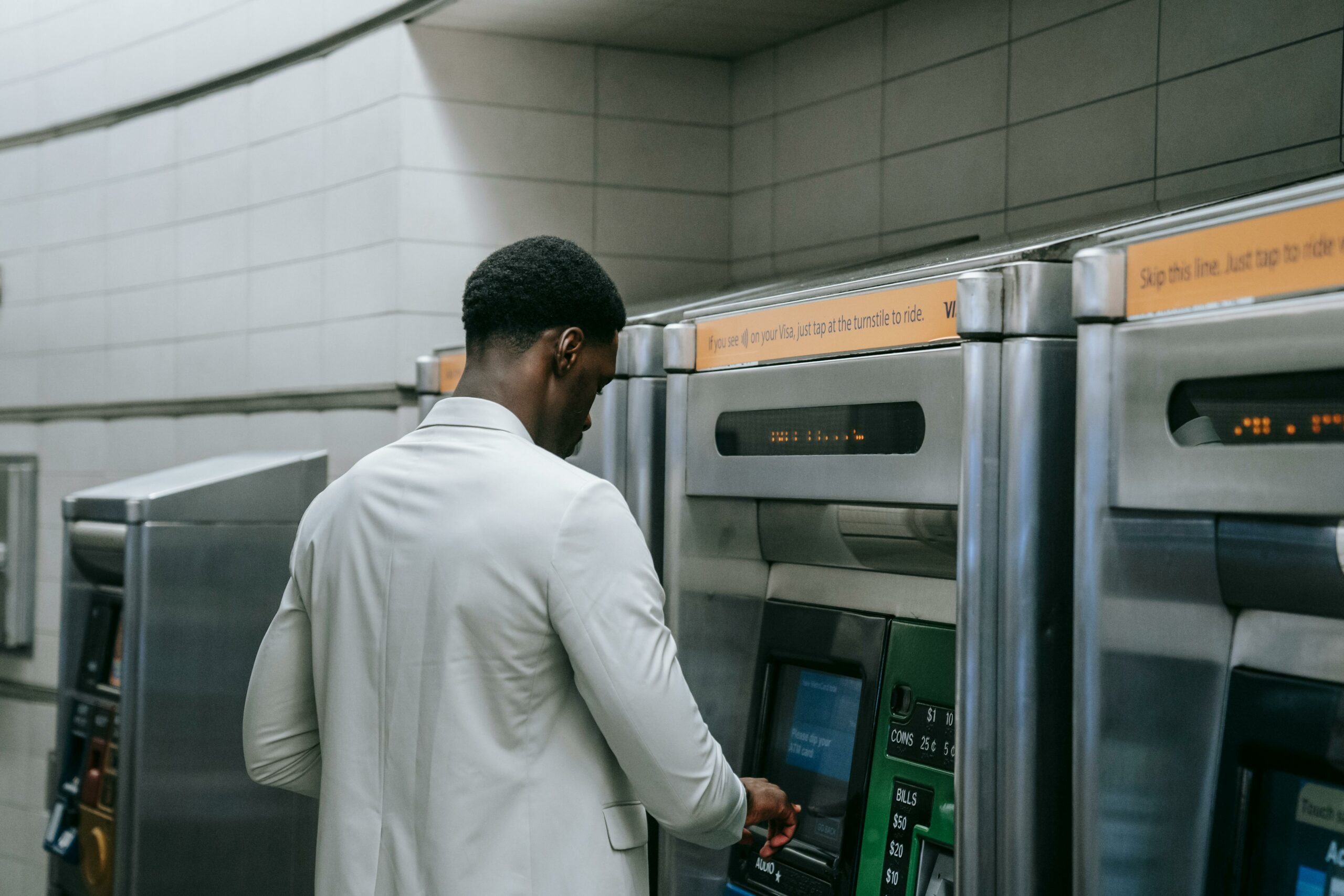
The afternoon sun was bright as Fatimah stood before a bank’s ATM at Challenge in Ilorin, trying to withdraw cash. She was planning to get a taxi to Oke Odo and, since taxi drivers do not accept bank transfers, she needed to withdraw money. The bank had four ATMs, but only one—the one Fatimah stood before—appeared to be dispensing cash. The others displayed “Out of service” on their screens, and the card slots were blocked. Fatimah inserted her card and hurriedly followed the steps for withdrawal: inputting her PIN, tapping “No” for receipts, and entering the exact amount she needed. As she tapped the final key to collect her cash, the screen displayed, “Temporarily unable to dispense cash.”
It had to dispense; Fatimah had to reach her destination. She tried again. And again. Each time, the ATM displayed the same message: “Temporarily unable to dispense cash.”
“I was so frustrated,” she said. As she turned to leave, stepping out of the bank’s shaded area into the scorching sun, a woman approached her. The woman, carrying a black bag slung across her shoulder, asked in Yoruba, “Would you like to use POS?” The woman was a POS agent.
It struck Fatimah as ironic. Why couldn’t she get her money from an ATM in front of a bank but have to rely on a POS agent? She didn’t have much time to ponder the thought. Resigned, she withdrew the amount she needed from the POS agent and paid the withdrawal charges.
The very essence of POS is for people in rural areas or those far from ATMs to access cash and make transfers easier. However, since 2013 when the CBN introduced agent banking and POS systems to increase financial inclusion and reduce the risk of carrying huge cash around, banks’ ATMs have gradually stopped dispensing cash. There are several debates by Nigerians on the role of POS agents, and how POS-ing has become a widely-involved business. On a single street or area, there could be more than 15 POS agents, which, positively, has made access to cash very easy. However, the popularity and dispensation of POS agents have given room for experiences like Fatimah’s to exist. Nigerians argue on social media that the popularity of POS agents shouldn’t stop ATMs from dispensing cash.
Since Abiodun Jamiu moved to Sokoto in 2023, he could count how many times he has withdrawn money from an ATM. There is a POS shop just beside his house and anytime he needs cash, he strolls in and gets his money. This has programmed him to the extent that whenever he needs cash, even if there’s an ATM beside him, he would rather enter a POS shop to withdraw because he is certain he’d get cash there. He doesn’t mind the charges. However, something else baffles Abiodun: every month, he receives notifications from his bank that a certain amount has been withdrawn from his account for “ATM maintenance.”
“What are they maintaining?” Abiodun asks. “I don’t use it, so why are they charging me for something I don’t use?” Since the adoption of the cashless policy, Nigerians pay various bank charges on withdrawals and deposits, including maintenance fees. Earlier this year, in a circular, the CBN announced that Nigerians will start paying a Cybersecurity Levy on all electronic transactions in all banks, commercial and other financial institutions, in addition to the existing charges.
With most ATMs no longer dispensing cash, Nigerians are forced to pay fees to both banks and POS agents just to access their own money.
I spoke to a few POS agents to understand how banks have stopped dispensing cash yet, they have access to money; most declined to be identified when they learned I’m a journalist. One of the POS agents told me he buys money from the bank. He said there’s a certain amount of money banks deduct out of the amount he needs. Other times, he gets money from market women via bank transfers.
“It pays us when banks stop filling the ATMs with money. It means you [Nigerians] will have to come to us. We also liaise with business owners around us to stop taking transfers so you can withdraw from us to pay them,” he said.
Although the POS business has become lucrative for many young Nigerians, it doesn’t stop Nigerians from asking an important question: why have ATMs stopped dispensing cash?
***
Feature Image by Liliana Drew for Pexels
The post Why Have ATMs Stopped Dispensing Cash Recently? appeared first on BellaNaija - Showcasing Africa to the world. Read today!.






)


 English (US) ·
English (US) ·